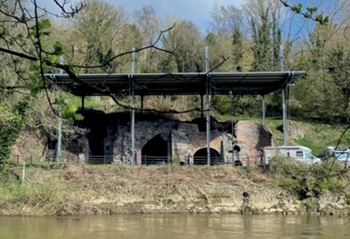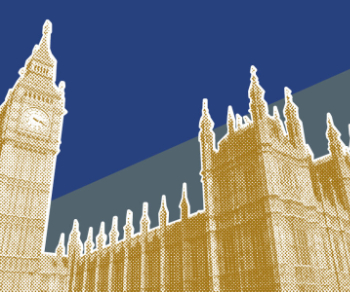Furnished holiday lettings and tax
The UK has very favourable Inheritance Tax (IHT) treatment for the owners of business assets used in a trade and, in general, the value of these will be outside the charge to IHT on death provided certain criteria are met.
The IHT relief available on business assets is called Business Property Relief (BPR), or Agricultural Property Relief in the case of agricultural assets. It is only available for assets used in a trade, not those used to generate investment income, such as the letting of land.
There is a clear grey area, however, when it comes to the provision of furnished holiday lettings (FHLs), as these are subject to a special tax regime. For capital gains tax purposes they qualify for Entrepreneurs’ Relief, Business Asset Rollover Relief and other reliefs. For income tax purposes, capital allowances can be claimed and the earnings qualify as earnings against which pension payments can be treated as a tax deduction.
HM Revenue and Customs (HMRC) have an advice page on FHLs here. Interestingly, this talks little about the level of services that must be provided for lettings to qualify as FHLs;even though the level of services provided is the criterion that HMRC use to claim that lettings of property do not qualify for the reliefs available for FHLs.
In the case of Re. the Estate of Marjorie Ross [2017], HMRC contested a claim that a property worth more than £1 million was an FHL that was eligible for BPR and thus excluded from the estate of a deceased woman partner in the business for IHT purposes. The property concerned consisted of a number of self-catering cottages, the rental terms of which included several features and services which are not frequently found in mere lettings.
HMRC contended that the business was primarily one of the letting of land and that it should not be;treated as anything other than a business investing in land with ancillary services;the essence of the activity remains the exploitation of land in return for rent. HMRC made a point of commenting on the business profits, which had been low for many years, compared with the capital gain, which was in the order of £1 million.
The First-tier Tribunal did not accept that the provision of the additional services, which were supplied directly by the partnership or by an adjacent hotel, made the properties FHLs.
The case is important reading for those considering going into the FHL business or those engaged in holiday letting. There is no doubt that HMRC are upping their efforts to increase the tax yields from IHT.
[edit] Related articles on Designing Buildings Wiki
Featured articles and news
The act of preservation may sometimes be futile.
Twas the site before Christmas...
A rhyme for the industry and a thankyou to our supporters.
Plumbing and heating systems in schools
New apprentice pay rates coming into effect in the new year
Addressing the impact of recent national minimum wage changes.
EBSSA support for the new industry competence structure
The Engineering and Building Services Skills Authority, in working group 2.
Notes from BSRIA Sustainable Futures briefing
From carbon down to the all important customer: Redefining Retrofit for Net Zero Living.
Principal Designer: A New Opportunity for Architects
ACA launches a Principal Designer Register for architects.
A new government plan for housing and nature recovery
Exploring a new housing and infrastructure nature recovery framework.
Leveraging technology to enhance prospects for students
A case study on the significance of the Autodesk Revit certification.
Fundamental Review of Building Regulations Guidance
Announced during commons debate on the Grenfell Inquiry Phase 2 report.
CIAT responds to the updated National Planning Policy Framework
With key changes in the revised NPPF outlined.
Councils and communities highlighted for delivery of common-sense housing in planning overhaul
As government follows up with mandatory housing targets.



















